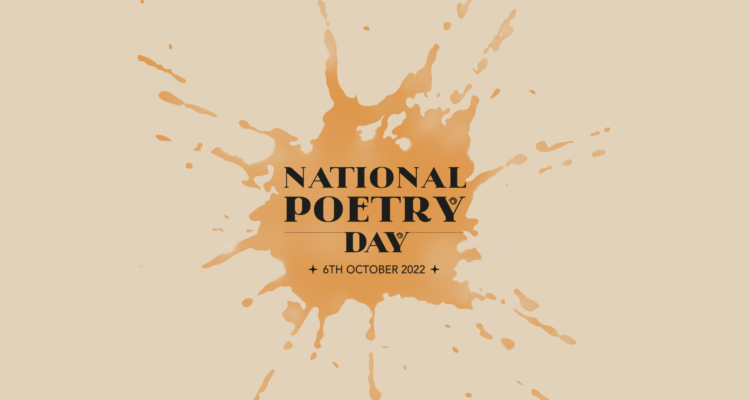Our Back Pages #3
I'm pleased to say that we picked Mark Haddon's poems years before he became famous as a novelist with The Curious Incident of the Dog in the Night-Time. So, from the back pages of The Reader magazine, here is a selection of his poetry.
Kabekona
We've thrown the windows open, cut the poison ivy back
and aired the blankets. Now there's nothing left to do.
The hours are as empty as the sky above the lake.
We read and swim and eat and sleep
and wonder whether everyone was right
who laughed at us for coming here
to this uncomplicated state
where the houses are built right on the ground
and the Mississippi rises up
and roads run straight between the trees.
Then, three days in, the simple things
begin to open up like little books:
the slap of petrol in the red tank of the Evinrude,
the toc… toc… toc… of chipmunks barking on the deck
like pebbles being dropped into a box, the scribbled columns
of mosquitoes moving silently upon the pools,
and I remember, in a Quaker meeting fifteen years back,
how the long shared silence made us hear a novel
in the little words, My father died last week,
how nothing else was said or needed to be said.
For this, too, is a way of being centred
and of giving witness,
watching how the strips of dry bark
uncurl from the white flesh of a birch
like paper peeling from the damp wall
of a long-abandoned house,
being somewhere plain but different,
and slowing down enough to hear the rub of newness
saying, This is sunlight. These are hours.
This is the surface of the earth.
Fields
Seven hours to Baxter,
an unrelenting corridor
of tarmac, pine and sky.
I think of Thoreau camped near here
one hundred years ago;
the unfathomable darkness
of the circled trunks,
the hemlock tea and roasted moose-lips
and the guide's tale of the ageing missionary
newly drowned in storms of blackfly
somewhere in this green Atlantic.
That night, beside our own fire,
in a flame-lit bowl of black trees,
I dream of open fields,
the forest cleared
as in Oxfordshire,
the sky brought down
and all the far hills gathered in,
and how the first plough
must have sailed,
as its star-built namesake
sails above me now,
the raw earth opening
like ocean water
underneath the blade
and turning into countryside behind it.
Horace Odes 1:ix
See how Mount Soracte soars,
brilliant with driven snow,
how struggling trees can't hold their load
and streams freeze in the bitter chill.
Thaliarchus, drive the cold away
by heaping piles of firewood on the hearth
then generously serve a double-handled
Sabine jar of four-year vintage wine.
Leave other matters to the gods,
for once they've calmed the winds
at war above the churning sea
the ageing ash and cypress are no longer troubled.
Do not ask about tomorrow. Count as profit
everything which fortune hands to you each day.
Dance and make sweet love
while you are young and sour old age holds off.
Hunt the open spaces and the Field of Mars
with gentle whispers
at the chosen hour of dusk
for giggles which betray
the girls who've hidden in the furthest corners,
and for pledges snatched
from fingers and from arms
with nothing more than shows of protest.
Share
Related Articles

Reader Revisited: Reading with Looked-After Children by Grace Frame
We're taking a trip down memory lane and revisiting articles from The Reader Magazine. This article first appeared in issue…

Meet The Reader: Staff Spotlight with Frances
Saturday 30 September is International Podcast Day so this month we got chatting to Frances MacMillan, the Head of Literary…

National Poetry Day 2022
To celebrate National Poetry Day 2022, The Reader has created a new poetry anthology exploring this year's theme, The Environment.…


